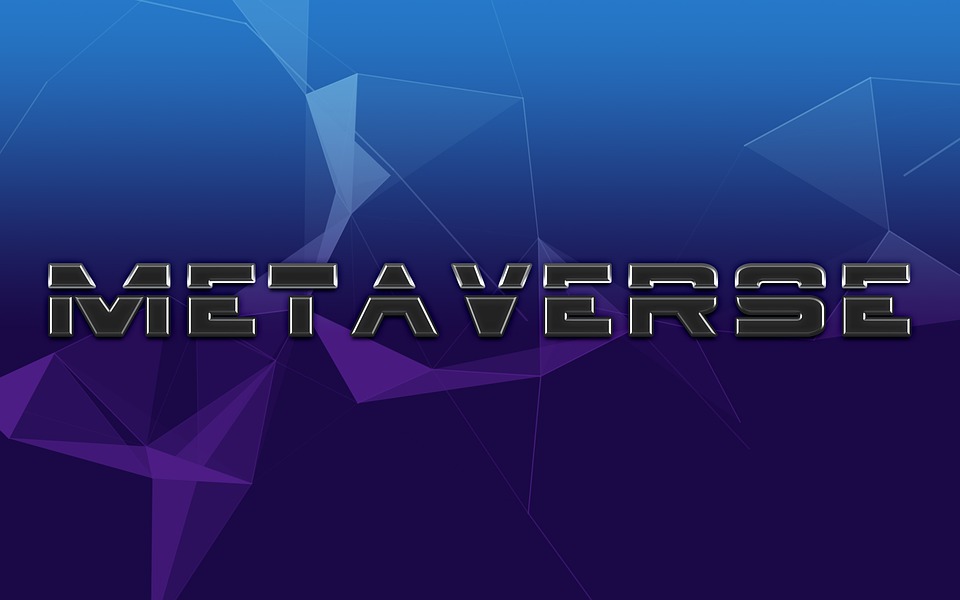Tinnitus, the persistent ringing or buzzing in the ears, is a condition that plagues millions of individuals. However, its impact often goes beyond the auditory realm, as it frequently leads to dizziness, imbalance, and a range of vestibular issues. Understanding the intricate relationship between tinnitus and the vestibular system sheds light on the crucial role played by Vestibular Rehabilitation Therapy (VRT) in alleviating the accompanying symptoms.
Understanding VRT
Vestibular Rehabilitation Therapy (VRT) is a specialized form of physical therapy focused on treating vestibular system disorders. This system, responsible for maintaining balance and spatial orientation, plays a significant role in managing dizziness and maintaining equilibrium. VRT operates on the principle of neuroplasticity, which emphasizes the brain’s adaptability in response to sensory input.
The Connection Between Tinnitus and Vestibular Dysfunction
The relationship between tinnitus and vestibular dysfunction is intricate. Often, vestibular issues, such as inner ear disorders, play a pivotal role in tinnitus. When the vestibular system is compromised, it can lead to a host of symptoms, including dizziness and vertigo, which can exacerbate the distress experienced by tinnitus patients. You can also look here for tinnitus treatment Charlotte NC.
Benefits of VRT for Tinnitus Patients
The core objective of VRT is to improve balance, reduce dizziness, and alleviate related symptoms. By addressing vestibular issues, VRT indirectly offers several vital benefits to tinnitus patients:
- Reduced Dizziness: VRT can lead to a significant reduction in the frequency and intensity of dizziness, providing relief to tinnitus sufferers.
- Enhanced Balance: Through targeted exercises and interventions, VRT enhances balance, reducing the risk of falls, particularly in older individuals.
- Improved Quality of Life: As tinnitus patients experience fewer vestibular-related challenges, their overall quality of life improves. They regain the confidence to participate fully in daily activities.
- Personalized Treatment: VRT provides a tailored approach, addressing each patient’s unique needs, ensuring targeted and effective care.
VRT Techniques for Tinnitus Relief
VRT includes a series of exercises designed to challenge and rehabilitate the vestibular system. These exercises may encompass gaze stabilization, habituation, and balance training, all of which contribute to alleviating dizziness and enhancing overall balance.
Collaborative Care: VRT and Audiological Interventions
In the comprehensive management of tinnitus, collaboration is often vital. Audiologists and physical therapists Charlotte NC work hand in hand, with audiologists addressing the auditory aspects of tinnitus and physical therapists, particularly those specializing in VRT, focusing on balancing and vestibular concerns.
Patient Experience
Tinnitus patients who have undergone VRT often report remarkable improvements in their daily lives. Many have witnessed reduced dizziness and increased comfort, equipping them to better manage the challenges that tinnitus poses.
Future Directions and Ongoing Research
Research into the efficacy of VRT for tinnitus is an active area. As the scientific community delves deeper into the relationship between vestibular function and tinnitus, it’s likely that we will continue to see advancements in treatment options. This offers hope to individuals grappling with tinnitus that the road ahead holds even more effective solutions.
Conclusion
In conclusion, VRT emerges as an invaluable component in the multidisciplinary approach to tinnitus management. Acknowledging the intrinsic link between tinnitus and vestibular dysfunction provides a gateway to innovative and effective treatment strategies, addressing both auditory and vestibular aspects. As we look ahead, ongoing research promises to unearth new pathways for relieving the burdens of tinnitus and enhancing the lives of those affected by this condition.





